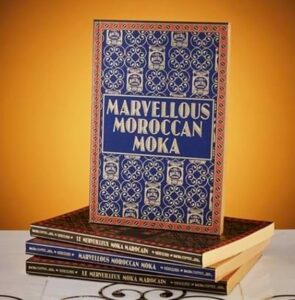In conversation: How Bacha Coffee President & CEO Taha Bouqdib is creating a global coffee legacy, one brew at a time
“We don’t just sell coffee – we share coffee. It feels like a duty, not just a business decision.” Martin Moodie meets the remarkable Taha Bouqdib, a serial entrepreneur who has torn up the rulebook on how coffee is sold and is bringing the resultant experience to airports of the world.

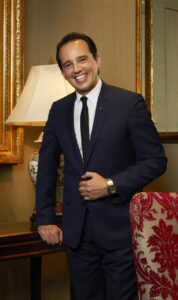
Prologue: They say lightning doesn’t strike twice in the same place. Try telling that to Taha Bouqdib, the remarkable serial entrepreneur and Co-Founder of TWG Tea and Co-Owner of Bacha Coffee.
In 2008, the Moroccan businessman created TWG Tea in Singapore, positioning it as a premier luxury brand. Offering more than 1,000 varieties of loose leaf teas and modern accessories for tea lovers, TWG Tea has expanded to more than 70 locations globally across 17 countries (including a strong travel retail presence).
Building on this success, Bouqdib turned his attention to coffee, reviving the historic Moroccan Bacha Coffee brand in 2019. Inspired by the famed original establishment in Marrakech’s Dar el Bacha palace (see panel below), Bacha Coffee offers over 200 varieties of 100% Arabica coffees, reflecting Bouqdib’s obsession with quality, heritage and variety.
Under his helmsmanship, Bacha Coffee has embarked on an ambitious global expansion, including the opening last week of its first European flagship on the Champs-Élysées in Paris, and over 150 locations worldwide. And travel retail is front of mind in that development agenda.
As the company gears up its efforts in the channel, Bouqdib spoke to The Moodie Davitt Report Founder & Chairman Martin Moodie about the Bacha Coffee journey to date and what lies ahead. The ensuing conversation offers a rare and illuminating insight into the passion, pride and principles of a man who views coffee not just as a beverage but as an experience.
Martin Moodie: Taha, I’ve been tracking the travel retail world for a long time and I see a lot of airport retail concepts – good, bad and occasionally ugly. But when I first saw Bacha Coffee at Changi Airport, I simply thought, “Wow, these guys are bringing something fantastic to our industry.” Living in Hong Kong, I go into IFC Mall probably twice a week on average, and I find your store there irresistible.
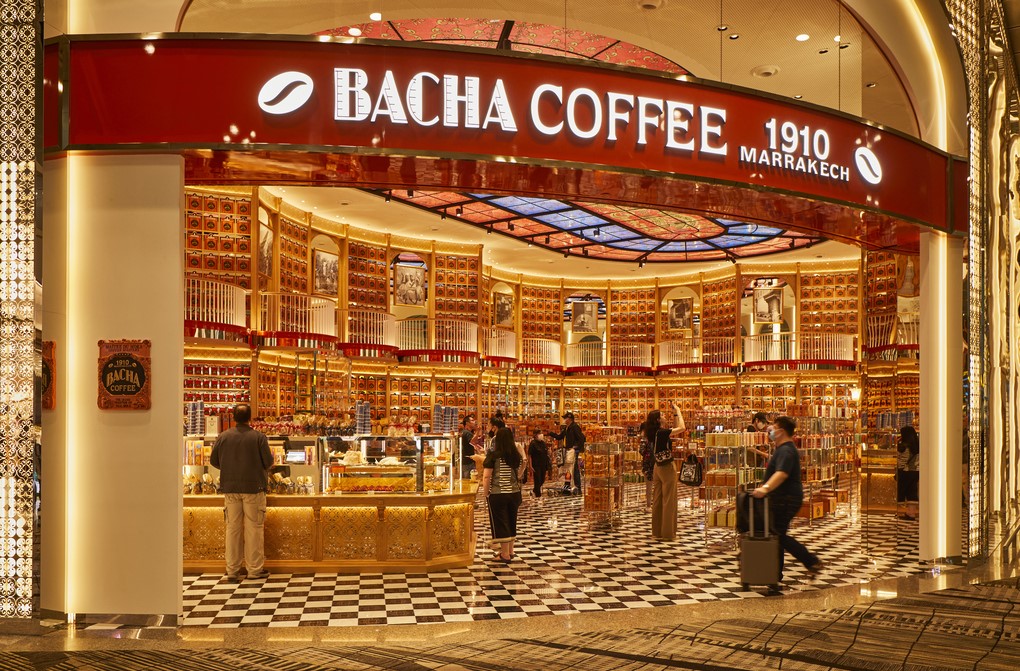
Taha Bouqdib: Like you, I spend my life travelling. I know many airports around the world, and I’m always curious to see them from different perspectives – not just for business, but for the flow, how they build the system, how different customs work. It’s amazingly interesting.
Today, in this new era of travel, I feel every country in the world wants its airport to offer the best kind of welcome for new visitors. They also understand that the last thing people remember about a country is, again, the airport.
|
It’s not just developed countries putting in a lot of effort. Even smaller countries are starting to focus on building their airports before they even build up the insides of their cities.
I feel this won’t stop, because the travel retail experience will keep evolving and developing more and more worldwide. Dubai, for example, just announced they are creating a gigantic new airport [Al Maktoum International] with amazing experiences. This shows that the airport business has huge potential and a bright future for the next 10, 20 or even 30 years.
Yes, we can see the enormous passenger growth that everyone is projecting – whether it’s Boeing, Airbus, or the airport and airline associations – over coming decades. That’s one of the rare certainties in an uncertain world. Of course, how those passengers behave in airports is the challenge. Will they shop? Will they dine? That’s why I think bringing in experiential retail and food & beverage is so critical, and what you’re doing with Bacha Coffee is so positive.
We spend a lot of time travelling, so at the same time we are obliged to spend many hours in airports. I’m not the kind of person who just stays in the lounge waiting. I like to go around, touch things and see what’s going on.
This is why, Martin, when we started our business in airports, I was very particular about one thing: I wanted our airport stores to offer the exact same experience as the city.

Many people told me the airport can just be an annex or simply a branding space. But I felt the opposite. I believe that in an airport people have time to experience more things.
At the beginning, people told me, “Taha, you don’t need to put all your products or the full experience in the airport store.” But I thought that was wrong. Why? Because airports create memories. When you pass through an airport and have a great experience – even with a brand or a store in a place you admire – you won’t forget it easily. It becomes part of your journey.
That’s why from the beginning I saw airports as a link to people who may never visit the city itself. Airports aren’t just for arriving travellers, they’re for transiting passengers as well. And I see this everywhere we open in an airport.
Seamless quality across downtown and airport boutiques
People pick up a final gift they forgot to buy in the city or enjoy the last sip of a memorable experience. They think, “This is a nice way to finish my journey – with one last cup of Bacha Coffee.”
This is why I believe airport experiences should be treated with the same level of detail and importance as city stores. Entrepreneurs and business owners must understand that if they don’t give airport experiences the same level of attention, they risk ruining that final touch before travellers head home.
We are very happy, for example, to see how our Singaporean customers treat our airport stores. When they leave Changi Airport, they think, “Let me buy some souvenirs for my friends.” To them, there’s no difference between Bacha Coffee’s city and airport stores.
They feel comfortable knowing they can find what they need, and the experience is the same: the wrapping, the bag, everything. We don’t make a distinction, and that’s why today we have such great partnerships with airports. They appreciate the effort we put into our stores.
This is also why I see so much growth in this business. We have a lot of demand from airports around the world to open new locations. When an airport invites us to open, I always visit personally. I know exactly where to place the store and how to make it thrive – not just as a museum-like space, but as a lively, bustling place filled with people enjoying an experience they’ll remember.

I agree with everything you’ve said. The airport should be part of the magic of the journey, shouldn’t it?
It should. This is why when I think about airports, I always ask myself, What more can I add? What can I give consumers to ensure they have something extra at the airport?
Most travellers are focused on how they can be served quickly because many feel a natural stress at the airport. Even if they have time, they feel like everything must be done fast.

So I always tell my team: Do it fast but do it well. That’s why we created a coffee institute in Singapore. I hope that next time you visit you’ll take part in the experience. We train our staff on how to welcome customers and guide them properly, so they don’t waste time at the airport.
For example, if someone doesn’t know coffee – a lady looking to buy coffee for her husband, for instance – we need someone to guide her as quickly as possible with the right answers. This is why we created the coffee institute, to provide a broad yet refined experience. Whether a customer visits our store in Hong Kong, Singapore or Paris, they should receive the same guidance and advice.
Since we established the coffee institute, we’ve received amazing feedback from customers who tell us, “I was very happy. I was in this airport, and this staff member gave me great advice.”

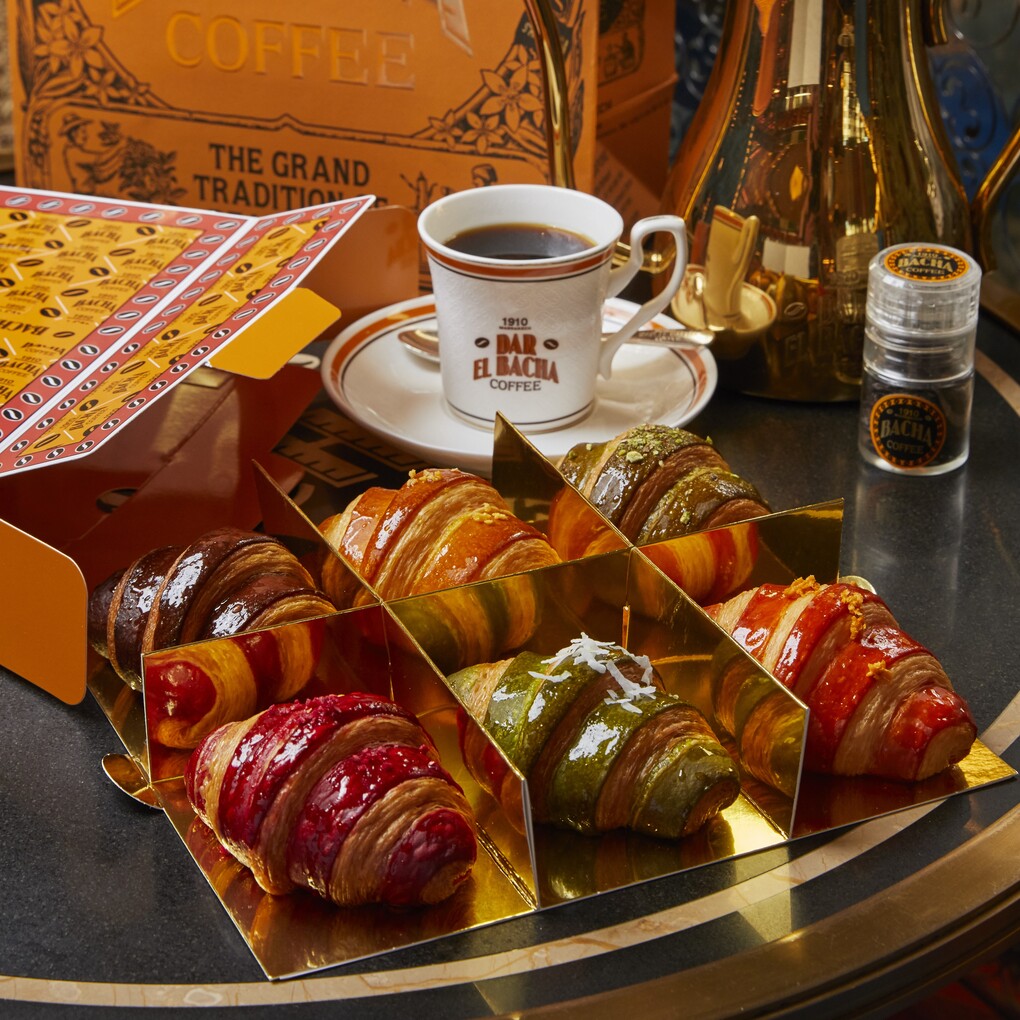
These are the connections we want to create between travellers and our staff. Small, practical words can make all the difference in helping customers find the right product, whether it’s a gift or for their own enjoyment.
We’ve also built a digital connection. If you visit our website, you can find out where to buy our coffee in the airport or city you’re travelling to. Many people only have a day or two in a country, so they don’t have time to visit our city stores. They know that before they leave they’ll have to spend two hours at the airport, and we want to make sure their experience is seamless.
This is what I love about airports. You meet people from all nationalities, all cultures. We learn so much from them because they share their insights, and we adjust our approach accordingly.
Travel retail isn’t just about business – it’s an exciting world of constant evolution. In the airport, we see all kinds of emotions. Some travellers are happy, some have suggestions, and when we mix all these insights together, we refine our experience to make it even better.
A temple of coffee unveiled
You entered travel retail around four years ago and you’ve made rapid strides. I go through Changi Airport often and see the various Bacha Coffee stores there and now you’re expanding internationally, both in local markets and travel retail. Tell us about that progress and your continuing aspirations.
First, we are building a beautiful project for our brand and all coffee lovers. As you know, we just opened an amazing flagship store on the Champs-Élysées in Paris – a 1,500sq m temple of coffee. It’s a real statement for Europe, and I chose the Champs-Élysées for many reasons.

This location attracts travellers from all over the world on their first visit to Paris. And coffee, too, comes from all over the world. Bringing different people together in this space – through product, experience and ambience – makes it a true global destination.
We have multiple coffee rooms, each offering a different experience and atmosphere. When people step inside, I want them to feel as though they are travelling somewhere new.
Travelling is a universal desire. When we’re tired, we want to escape. And that’s what I want to offer customers in this flagship store – a place where they feel transported.
Beyond Paris, we are looking at London. We are searching for the right location in Italy, particularly Milan, and we hope to open in Rome shortly after. Our expansion into Europe started with Champs-Élysées, but we also want to reach French customers more directly.
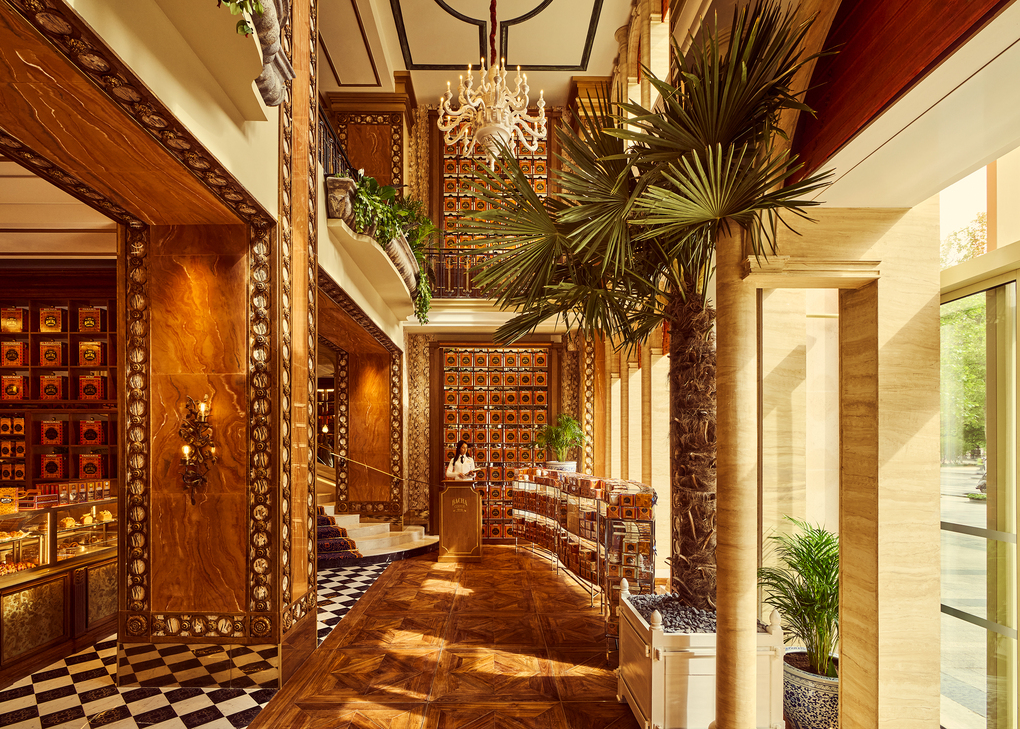

Our store at the Ritz Paris has been a great success with Parisians, so we want to be closer to them. Coffee is an everyday luxury – people buy small quantities often. We don’t want customers to have to travel far just to buy 250 grams of coffee.
After Europe, our next big project will be the US. It’s a vast market, and we’re looking for the right partner. The way we serve and prepare coffee resonates with American coffee lovers, and I believe our brand will have great potential there.
In Asia, we have already seen strong expansion. This year, we’re opening a beautiful five-floor flagship store in Ginza, Tokyo – another major statement for North Asia. In China, we plan to open in Beijing and Shanghai. Overall, we’re present in most major Asian cities.
In the Middle East, we are already in Dubai, Qatar, Kuwait and Abu Dhabi. Now, we are looking at locations in Bahrain and Saudi Arabia. Our expansion over the next three to five years will be significant because I have the energy and passion to share this coffee experience with as many people as possible.
Demand is high, and we don’t just sell coffee – we share coffee. It feels like a duty, not just a business decision.
When I travel and visit my own stores, enjoying a cup of coffee there gives me a great feeling. It’s inspiring to see our coffee appreciated in so many countries. Each store maintains the DNA of the brand, but every location must offer something unique.
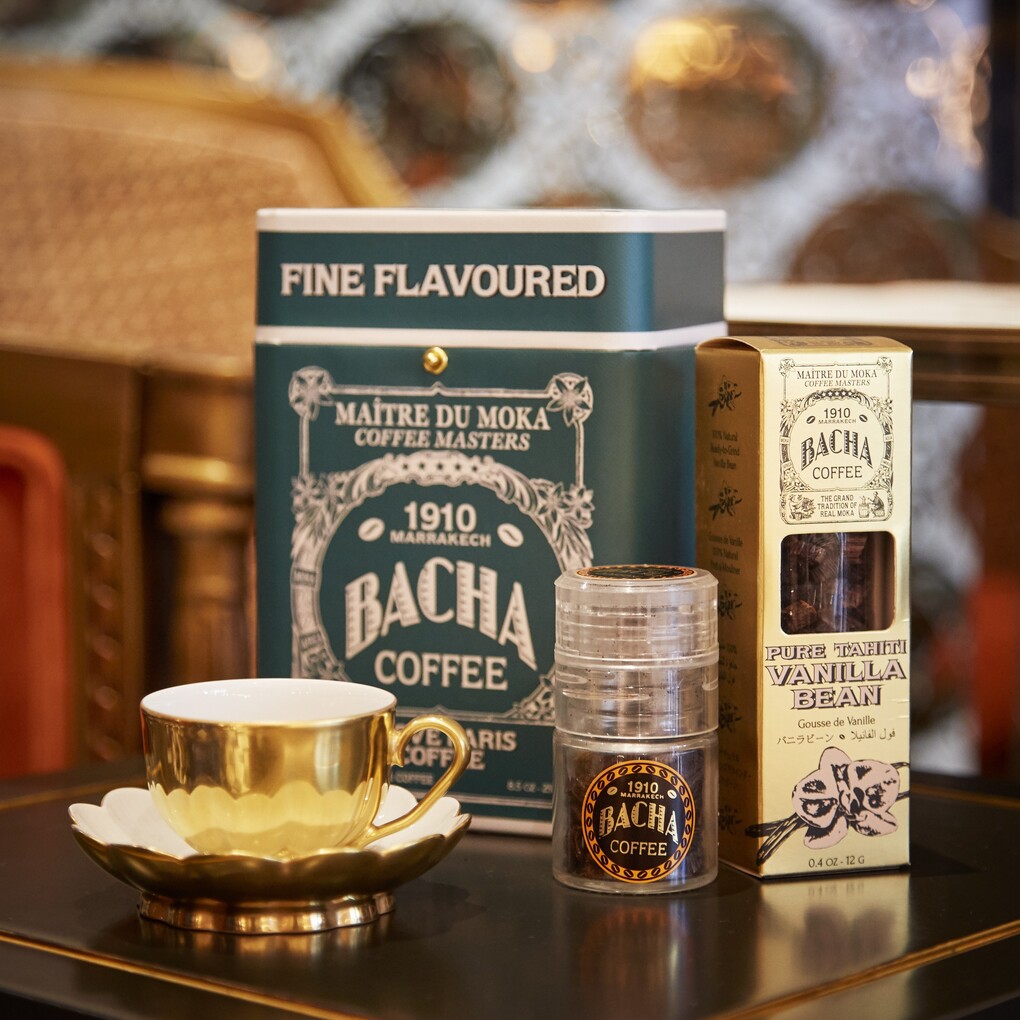
Travel is about discovery, and our stores should reflect that. It’s not about copy-pasting but about creating an experience that respects the local culture while keeping the Bacha Coffee identity intact.
I believe that when you have the right concept and continuously create demand, you keep customers engaged. That’s why I spend my life travelling – to explore, to find new coffees from small, incredible plantations, and to share those experiences with the world.
For me, coffee is a journey. When you drink a cup of coffee, you visit that country. You taste its soil, its traditions. That’s why expansion is so exciting – it allows people to experience the world through coffee.
One of my biggest inspirations in reviving Bacha Coffee was to bring back the art of coffee drinking, without relying on machines. Many coffee shops today are dominated by large espresso machines, but I wanted something different. I wanted to focus on the cup of coffee itself, on the time spent with someone, on creating an inviting environment.
Which dates back to the brand’s origins.
Yes. Bacha Coffee was born in a palace in Morocco in 1910. Of course, we can’t move a palace to every city, but we can capture its essence and translate it into a contemporary, scalable experience.
The challenge was to bring a 60-year-old sleeping brand back to life in a way that feels exciting, colourful and filled with variety and inspiration.

Sometimes, success isn’t about following market studies, it’s about trusting your instincts. When I first revived Bacha Coffee, people told me, “If you don’t serve espresso or cappuccino, you won’t succeed.” But I asked myself, Why should I offer what’s already everywhere? Instead, I chose to bring back the original way of serving coffee. And today, our expansion is thriving.
By 2030, I want Bacha Coffee to be present in all major cities. Whether I’m in New York, Milan, Berlin, Shanghai or Hong Kong, I want to sit down and enjoy a cup of Bacha Coffee. That’s the ambition, and that’s the journey we are on.
Talking travel retail
It’s a heady ambition. And within that context, do you see airport retail as a showcase to the travelling consumer, a sales channel in its own right, or both?
Honestly, it’s a hybrid of both. For me, this travel retail world is extremely important for the business. It is important for the brand to be recognised by many people around the world at the same time.
I never use the airport – either for TWG Tea or Coffee – as advertising. If I did, it means that I don’t care about the location.
I don’t want to just be present. I always use the airport as an extremely important point in terms of how I can create an experience that allows the brand to be recognised by travellers without them going to the city. This was the first target.
Hopefully I can have an opportunity to open in many, many airports around the world. Of course, it’s not easy, it’s very difficult to get a good location in the airport.

However, the good part is that airports around the world like us because we spend on capex exactly what we spend in the city. We don’t differentiate, even if the lease is shorter. We say our brand must have this level of detail, and we cannot compromise on details just because we are in the airport and perhaps for a shorter time.
I think this creates a win-win situation between the airport and ourselves. That’s because the airport needs two things. They need to have excellence in service, and they need to have the numbers. We must be quite clear on this and very transparent.
The airports are happy with us because we can deliver on both. We deliver through the concept, and we deliver in the service to the customers. At the same time, the airports are happy with the numbers because we create the kind of concept that works in an airport – affordable luxury concepts definitely have great success in this environment.
Because sometimes, even if you are not specifically looking for our brand, you still have some currency from the country in your pocket, and you say, “I have this $20, where can I spend it?”
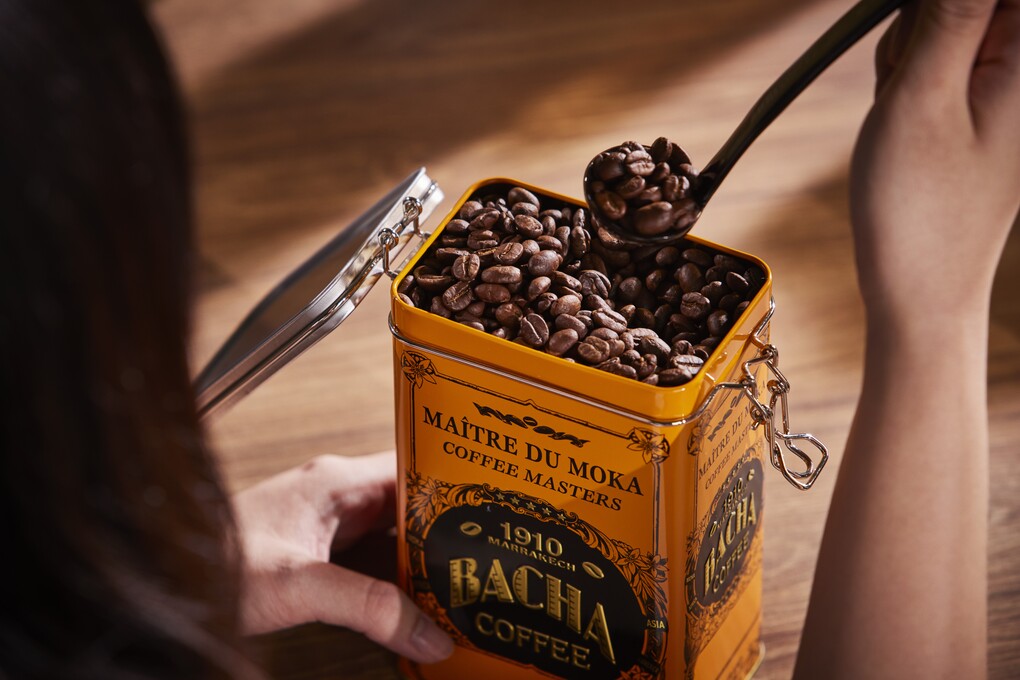
This is how affordable luxury works. And this is why these kinds of customers come to us and buy a small gift, like $10 or $20, and they can travel with it. Airports appreciate this kind of concept, one that offers the same service, the same experience for when you buy for $10 as if you had bought for $10,000.
This is why today, when talking to airports around the world, we are always very excited to have a great location to expand our brand. I always tell my team, even if you find a location in the airport in a new country before we have launched in the city, go for it. It’s like the first welcome to the country.
I am always looking at airport expansions, their developments, their new designs. Because sometimes we need to adapt ourselves to the location and the kind of airport they are creating. If it’s extremely modern, we need to do something modern. If it’s very classic, we do something classic.
Defining affordable luxury
I sometimes apply what I call the ‘shopping bag test’ as I wander around Changi or other airports. And I took a lovely photo at Changi Terminal 3 of a shopper in the beautiful Hermès boutique. As she was completing her purchase, I noticed she was carrying a Bacha Coffee bag. She had been shopping at Bacha Coffee, and then she went into Hermès. The photo told a story in its own right about luxury as an experience not a price point.
For me, this word luxury is the combination of many things. If you say, “This chair is luxury”, it means nothing. For me, luxury is a combination of details. The details take you to the experience, and the experience takes you to the details. It’s like they work together.
What do details mean? Details are a combination of many points. First, the product. I always say the product must be in a container that is of the same level. The inside and the outside must be the same level. I cannot have a beautiful packaging while inside I have a product that doesn’t reach the level of the packaging. And vice versa.
Then, the people, the staff. It must feel like attention is always there. Service must have a way – the way you serve, the way you pack. When you mix all of this together – the store design, the product, the staff, the staff knowledge – then you arrive at this word luxury.
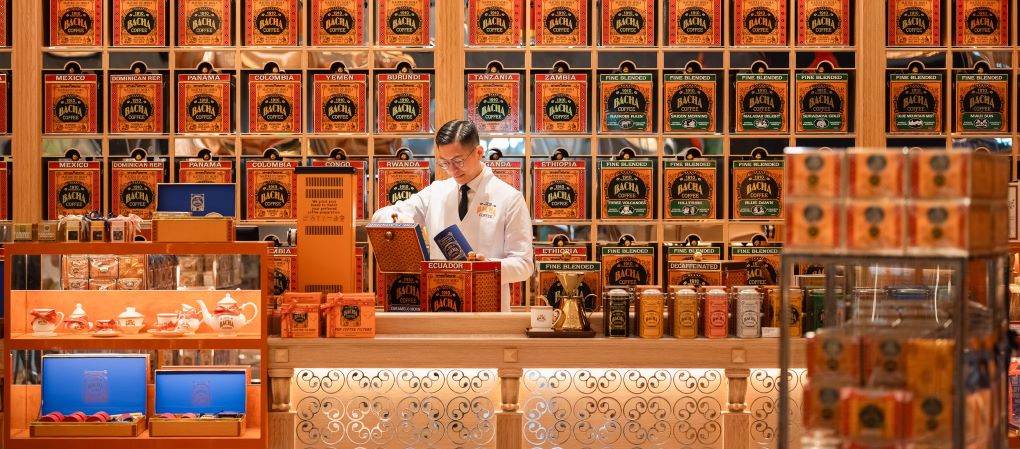
And when I add ‘affordable’, it’s because when we create products I always say we cannot have just one type of client. I like that anyone – whether a student, a young girl or a young boy with $10 or $15 who wants a great experience – can be part of this. Because they are our next generation of customers.
When we built TWG Tea and Bacha Coffee, we were not building it just for today but for the next and following generations. That means we need to build today what will happen tomorrow.
When we see a young person coming inside our stores and knowing they can afford this kind of luxury, it is a big satisfaction for us. Because when I travel in airports and I see two young people travelling with TWG Tea or Bacha Coffee bags in their hands, they make me much happier than seeing someone who can afford it easily. Because I feel that they are discovering something, and they are allowed to discover it.
If it was a case of, “You know, you cannot enter my store – you only have $10 or $20, sorry”, then I would refuse to do any such concept in my life. Because I feel that everyone must have the opportunity to experience something.
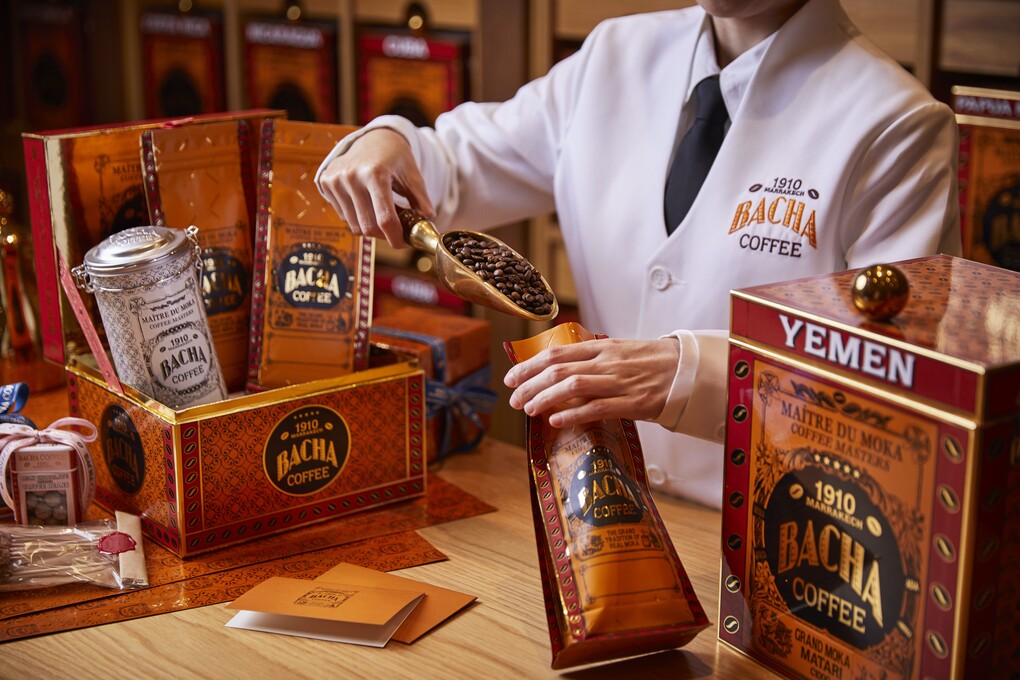
Creating this affordable luxury gives us huge potential. Many times over the years, especially during COVID, our brand had great success because people felt, “I don’t want to spend big money, but I always like to buy a small gift. And Bacha Coffee and TWG Tea are affordable but still high-end.”
And today, when all the luxury, very high-end retail brands are having trouble with consumers who are stopping their big purchases, those consumers are coming to us. Because they feel they cannot stop shopping, but they can switch to a more accessible luxury.
In 2008, I remember it was the same with TWG Tea. Affordable luxury is an interesting term, but at the same time it’s an interesting business. Because in any crisis, with any challenge, you still survive.
Tea and coffee, for me, are necessity products. When you wake up in the morning in many countries, anywhere in the world, you say, “I want a cup of tea, or I want a cup of coffee.” And when you put all these components together, it makes us feel that we are providing something essential.
And this is what I want to do in every store we open. Every store must be opened with emotion: not just numbers. It must have meaning. It must have an attachment to the clients.
It’s the combination of the senses, I think, that you’ve delivered so brilliantly. You have entrancing music in-store, you have aromas, taste, atmosphere, service – a very friendly, very human factor. I love being served in your shops.
Taha, in researching this article, I read you fell ‘head over heels’ with tea the first time you tried it. What about your own coffee journey? I guess having grown up in Morocco, which has such a proud coffee heritage, it was pretty much in your blood?
Yes, definitely. However, my first cup of coffee was in Paris and it was in a different manner than my first cup of tea. I was born in Morocco, grew up in France, and when I mix them together, it’s an amazing journey.
Because in Morocco, you learn the appreciation of the colours, the appreciation of the smell, the appreciation that whatever you have you must share with the people around you.
In France, I learned sophistication – how the cup must be placed in front of you, how the logo must be positioned properly, how you need to appreciate the way you drink it – for example that you don’t need to drink it very fast.
I was very lucky to have this double culture that I can mix together, and I don’t feel that I am hurting one culture or another.

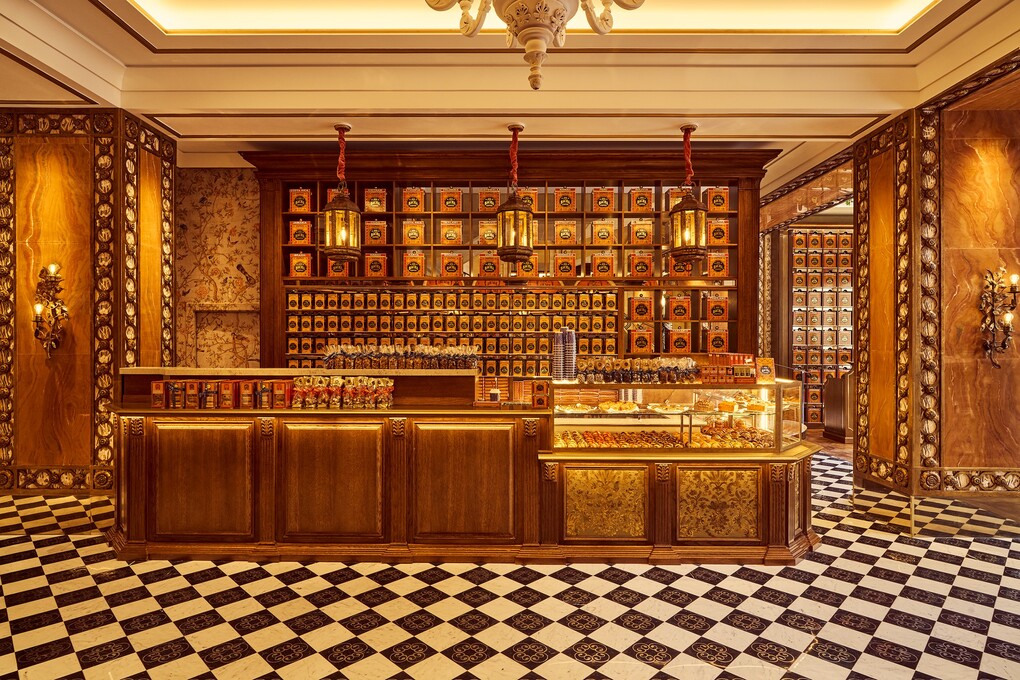
This is why I’m having fun. And we need to add a zest of rules and refinement to make this cup of coffee – even if it’s colourful, even if there’s a lot of noise around – have some delicacy.
This delicacy makes the difference to the customers when they go to our stores. For me, it’s like my own experienceI have cultivated from Morocco and France. I just put it together and shared it in our concept. And this is what people find magical – a lot of ‘no structure’ but in the end a beautiful structure.
This is why I said in the beginning; I want the coffee to be like a gift, but I like to have the ribbon as well. And in the beginning, people told me, “Ribbons and coffee don’t exist. It’s not nice, it will feel too girly, it won’t work.”
And I said, “But why not? Who decided that coffee doesn’t deserve a nice ribbon in a nice box? Nobody. Let’s do it.”
And the moment we did it, there was unbelievable appreciation for gifting coffee as a real gift – not just knocking on a friend’s door and giving them some coffee to try, but something to actually give. To say: “This is your birthday. I know you love coffee. This is your gift.”
I think this is what made the brand different from the market – because we also created the component of how to present coffee. We just put everything around it to make it a real gift.
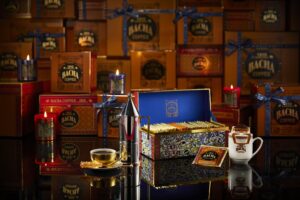
Tell us about the differences – or the mirroring – of the TWG Tea and Bacha Coffee journeys. They say lightning doesn’t strike twice in the same place, but you’ve had two amazing success stories. And I suspect while the paths have varied, there’s been some commonality as well.
Definitely. You know, tea and coffee are very similar. But what’s amazing is they are also extremely different. Tea lovers and coffee lovers have different styles. But at the same time, they have some appreciation in common.
My best experience in seeing the consumers’ reaction is in Takashimaya, in Singapore. We have both stores, TWG Tea and Bacha Coffee, next to each other. When we opened this concept, I was there to take a look. And I loved it, because I saw some families coming around and they split – some to Bacha Coffee, some to TWG Tea.
And the interesting part is not when they split, it’s when they come together after. Because they share their experiences – they know one was in the coffee store, the other was in the tea store and they come together, take a look at what the other bought, and they discuss.

This is what excites me about tea and coffee being together. Someone who really loves tea will rarely drink coffee. But someone who drinks coffee often will have no issue trying tea.
People who really appreciate a nice cup of tea are very elitist. It’s a different appreciation. Coffee, I feel, is wilder. It has no rules. I know some people who drink coffee before they sleep while some people cannot drink coffee in the afternoon.
I think what we have created between TWG Tea and Bacha Coffee is not just tea and coffee, because tea and coffee exist everywhere. But we have created two different experiences that we share. These two different experiences give you the full story and full experience of both tea and coffee.
And today, I can see some families where, for example, the wife sometimes takes the husband for a nice tea experience. But sometimes, when she wants to give him a nice experience, she takes him to Bacha Coffee. It means that with the coffee business, we expanded the number of our customers – customers who were not there at TWG Tea yet.
And with Bacha Coffee, we brought them back to TWG Tea. Because of this alignment between families and friends. It’s like: Today, I go your way. Tomorrow, you come my way. And this is what the balance between the brands gives as an experience to the customers.
Beautifully put. You’re rightfully proud of your Moroccan heritage. Tell us, how does it feel to have rejuvenated something as magnificent and intrinsic to your culture as Dar el Bacha? It must be a feeling of immense pride.
Absolutely. I can tell you, the first day I visited the Dar el Bacha palace in Morocco I was extremely emotionally touched. Without thinking that I would have any story with the place itself. The energy that was inside was just unique.
First, I was so impressed by the level of detail. I hope one day I can show you this place because it’s a mixture of many cultures at the same time. This is why today they call it the Museum of Coffee Houses, because inside you have this amazing combination of many different know-hows in the same place.
And when I saw this project, I said to myself, To do this revival of a brand that was founded in 1910 and to make it relevant today I will put in a special effort because I am Moroccan. How can I share my culture all around the world? And I knew if I did it, I must do it well.
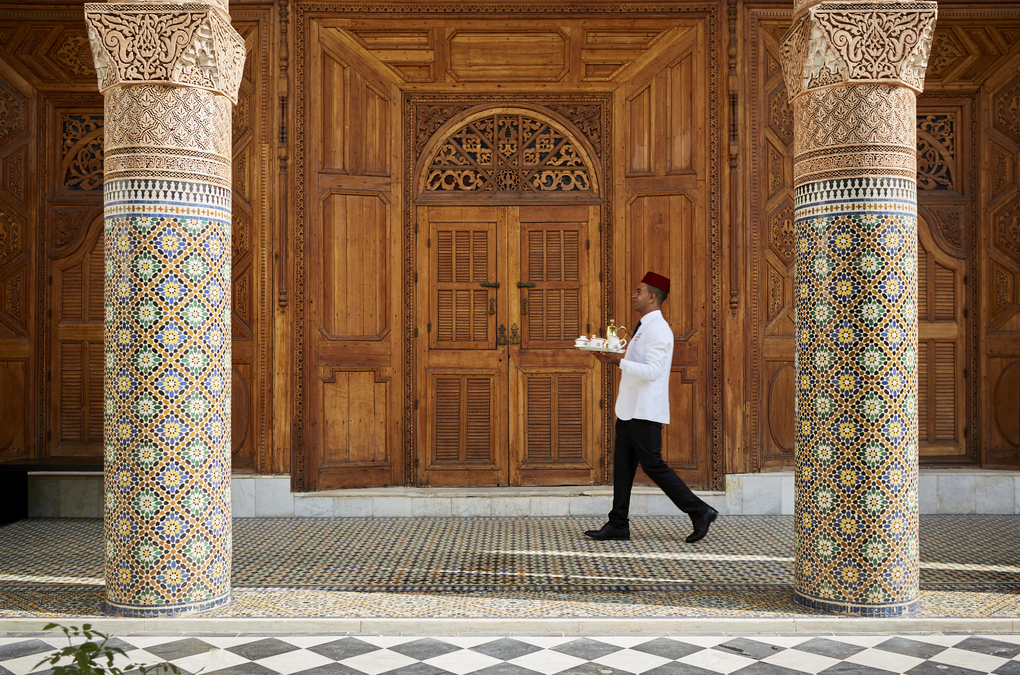
I remember spending a lot of time reading all the books about the history of coffee. What made me extremely excited was when I found out that a Moroccan – a member of the Shadhili family – was part of coffee’s history. He was living in Yemen and was travelling to Ethiopia to bring goods to sell back home, including the first coffee beans from Ethiopia. When I saw this, I knew it was my route to take.
And the beautiful part? When we finished all the renovations – it took us two years from 2017 because it’s a heritage site – I remember saying, It’s fine, even if I don’t have customers, it’s still okay because I did it with my heart: to revive, to bring life back to a brand that had been dead for a very long time.
And when I saw the first few customers coming in and returning again and again, my happiness could not be contained.
 From House of the Pasha to the airports of the worldBacha Coffee’s story began at the medina of Marrakech, Morocco. Built in 1910, the spectacular Dar el Bacha palace – which means ‘House of the Pasha’ – was famous for its ‘Coffee of Arabia’, or Arabica as it is known today. After World War II, the palace was closed and fell into decay. Eventually, after two years of restoration Dar el Bacha was reopened in late 2017 as the Museum of Cultural Confluences. To restore the courtyard and adjacent private rooms of this listed historic monument, Bacha Coffee brought together numerous experts in their fields. Architects, historians and craftsmen worked together to preserve and revitalise the landmark. This included the installation of a spectacular glass roof, the decoration of every room, and curated placement of every chair and table. After its reopening in Marrakech, Bacha Coffee rooted its headquarters in Singapore and expanded internationally, opening boutiques, coffee rooms and takeaway concepts in Asia, the GCC region and France. The BachaCoffee.com online boutique ships internationally and Bacha Coffee is distributed in luxury hotels, restaurants and airlines around the world. And, as this article reveals, in travel retail. |
My next big happiness was when we opened in ION Orchard, Singapore, the first shop after Morocco. I remember I didn’t want to be there on the first day. I said, Let the customers judge me.
Then I heard from the manager: “You know, sir, it’s very busy. We need to create a queue.” I was so happy because I could see that people were thirsty to discover another culture, from another country they had never been to before.
I remember Maranda [Barnes, Bacha Coffee Chief Commercial Officer] did amazing work that I was very appreciative of. During COVID-19, she wrote Marvellous Moroccan Moka [see panel below] to tell the story of the palace, the story of coffee, the story of Morocco – so all of this could be shared with the people who entered inside. Because the moment you sit at the table, we give you this book to read about it.
And I remember seeing people in the queue holding this book, talking – Where is Morocco? What is Marrakesh? What is this?

I read that at one point you were with the Moroccan Royal Police. How did that experience shape your attitude to work and how would you describe your business philosophy?
My own business philosophy is very clear. It’s exactly as you said –when you grow up in the ambience of the military system, you develop this kind of aspiration. But not in a military way.
Today, the philosophy of the group is that discipline must be there, no matter what happens. Discipline means what? It means that the product must always be the same. If you come to me today and buy 500 grams of coffee or one gram of tea and then leave for six months or a year and come back – you want the same product. It must be the same product inside. It must be the same quality. It must be the same service.
This is what I call the philosophy of discipline. The other philosophy is no arrogance. I don’t like arrogance. Success can kill the brand, and it can kill the people around the brand – because you start thinking, I have so many customers, I don’t care about this one. I don’t care about criticism.
I have rules about this: each customer is your only customer. It means you don’t have others. Just one.
I also feel a company must provide opportunities to the young generation – people who are hungry for growth, hungry for responsibility.
This is what I call our family philosophy. It means some rules, some kind of trust. But at the same time, we need to be businesspeople.
That means you always need to have your financials correct. You must always know that you can grow, that you can expand with your own money. The philosophy must be based on something very strong and the rest will follow smoothly.
Marvellous Moroccan Moka“I like my coffee with cream and my literature with optimism”. So runs the epigraph (from British artist Abigail Reynolds) at the beginning of Marvellous Moroccan Moka, a sumptuously produced 125-page book published by Bacha Coffee in 2021 that takes readers on a compellingly educational journey into the world of coffee. The work explores the history of Arabica coffee (Bacha Coffee specialises in 100% pure Arabica); the creation, decline and thrilling rejuvenation of Dar el Bacha palace; and the fascinating worlds of coffee botany and production.
“Coffee is a great power in my life; I have observed its effects on an epic scale. Ideas quick march into motion like battalions of a grand army to its legendary fighting ground, and the battle rages. Memories charge in, bright flags on high; the cavalry of metaphor deploys with a magnificent gallop; the artillery of logic rushes up with clattering wagons and cartridges; on imagination’s orders, sharpshooters sight and fire; forms and shapes and characters rear up; the paper is spread with ink.”— Honoré de Balzac, The Pleasures and Pain of Coffee Another chapter is dedicated to the beverage’s widely acknowledged health benefits, while the ensuing section traces coffee cultivation from the discovery of the first coffee plant in Ethiopia more than five centuries ago. Legends abound as to who first discovered the rousing benefits of coffee beans. One of these tales attributes the discovery to Kaldi, an Ethiopian shepherd living around 850 A.D. He noticed his goats seemed to dance after eating the bright red berries of a glossy green bush. Having chewed on the fruit himself and noticing their energising effect, he brought the berries to a Sufi monk in a nearby monastery. At some point, the monk discarded the beans in a fire. Enticed by their aroma, he raked the roasted beans from the embers, ground them and brewed them in hot water. This was how the first cup of coffee was born. – From Marvellous Moroccan Moka Bacha Coffee Library introduces all its 200-plus Arabica coffees from more than 30 renowned coffee-producing countries, each lovingly described and topped off with a strength rating (from one to five coffee beans, the latter being the strongest). Marvellous Moroccan Moka is indeed that. Marvellous. An exhilarating testament to one man’s glorious obsession with a beverage that has shaped his remarkable life journey. Coffee blended with the cream of literary optimism in a single work. |

Two questions in one: the biggest influencers on your life and career and the person you admire most.
One answer. It’s Maranda. It’s not because she’s here in front of me while we talk but just because she understands what I want to say, what I want to create, what I want to put on paper.
I am not very academic, and she is very academic. It’s complementary. It’s very easy – I just put a lot of words here and there and Maranda puts them together.
You need to have someone you can trust, someone who will tell you the truth, whether it’s good or not good. Some people don’t like it but I always love criticism, because I feel that criticism is an opportunity to adjust yourself and be better.
This is why I appreciated my years in Paris. Because in Paris, every minute people give criticism. And I took it as an advantage, because criticism allows you to adjust many things. This is the part that makes me very comfortable with my people in the company.
Do you have a message to the travel retail stakeholders that will read this interview?
My message, first, is to the consumers. I really want to welcome each one as part of the full experience I want to give them. They don’t need to buy anything. They can just come and learn something about tea or coffee, and we will love to share it with them.
And the second message is to the airports. I would love to have some great opportunities at the airports. For example, I would love to open an amazing concept in Dubai Airport, which has 92 million visitors a year. And I want to share this experience with those 92 million visitors.
I feel that my message is simple: What we want to share is what we truly love ourselves. I can tell you, Martin, if I don’t personally appreciate a cup of coffee, it will never go to the market.
Whether in travel retail or elsewhere, I will always put in the stores only products that we first appreciate 100%.
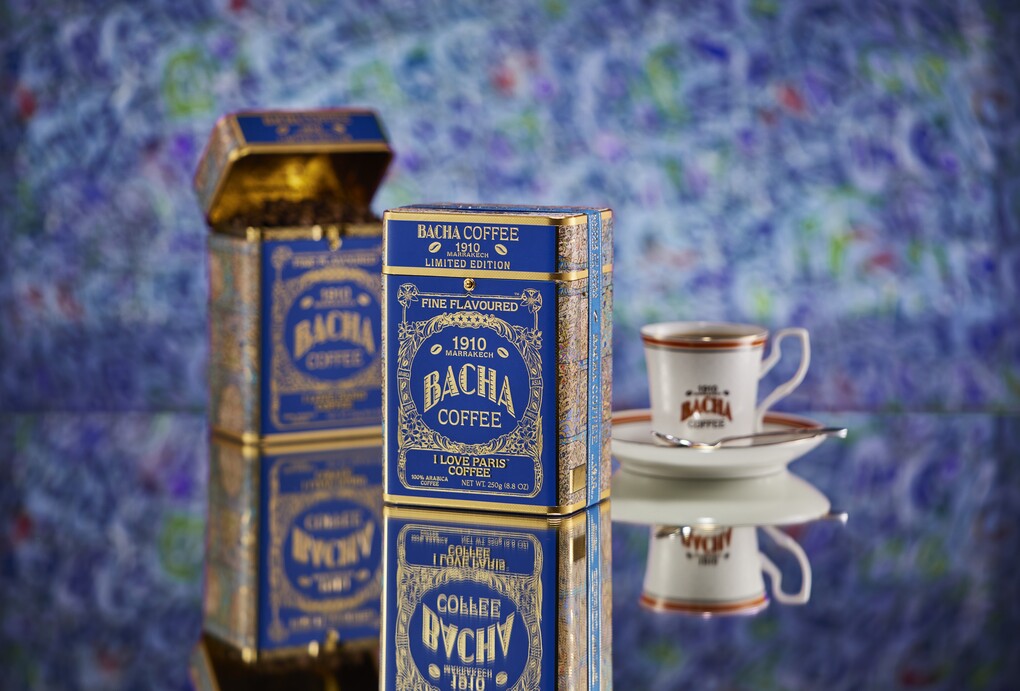
I read you have a favourite tea, Silver Moon. Do you have a favourite coffee?
Yes, I do. The first one I really loved when we opened in ION Orchard – it was Milano Morning.
Ah, I know Milano Morning. I discovered it in one of your gift packs. Taha, thank you for your time. Milano Morning is my next brew, I promise you. 







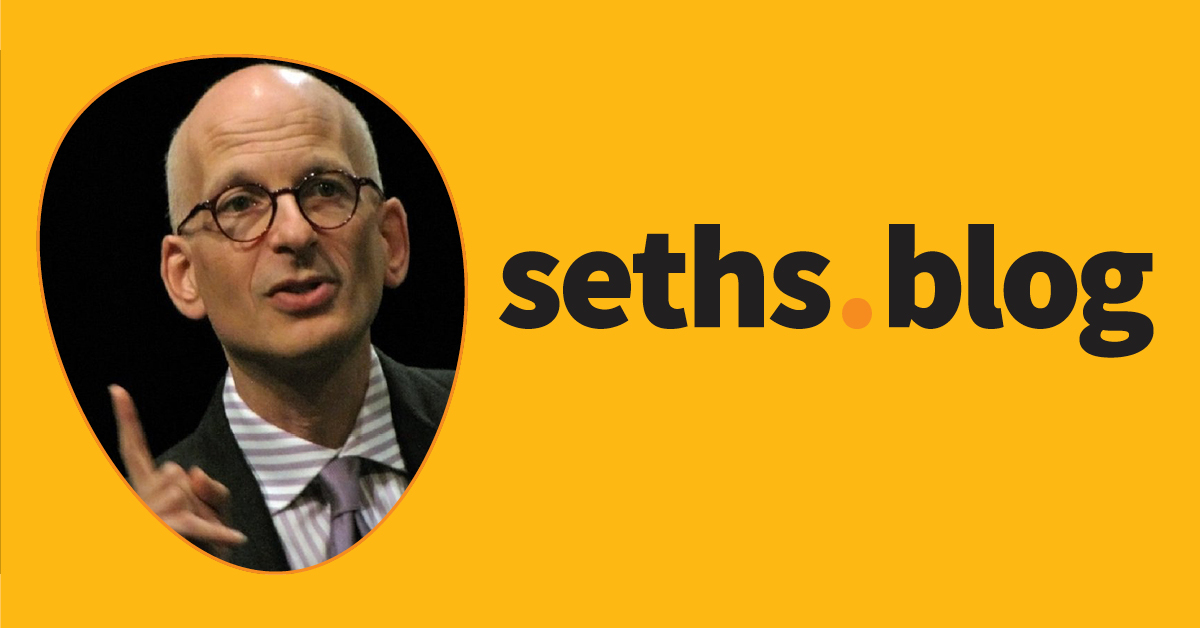



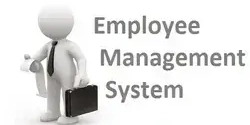
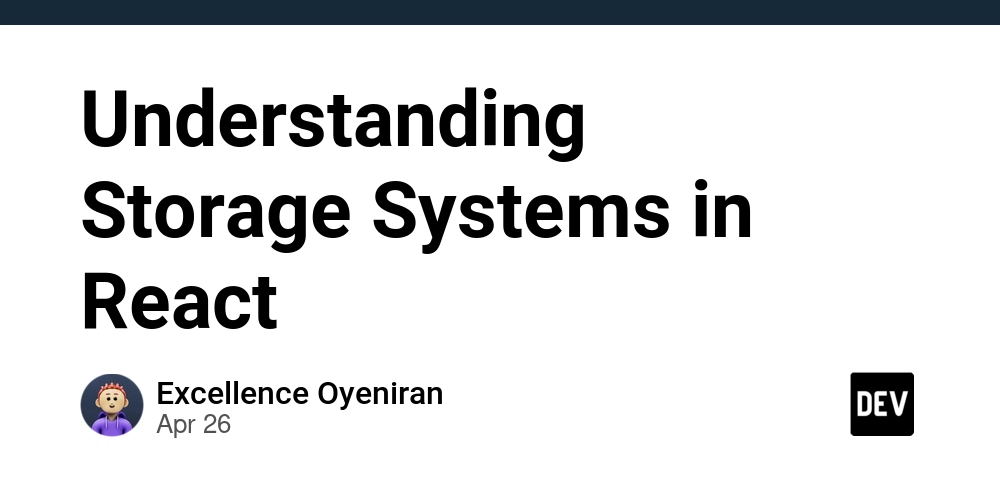
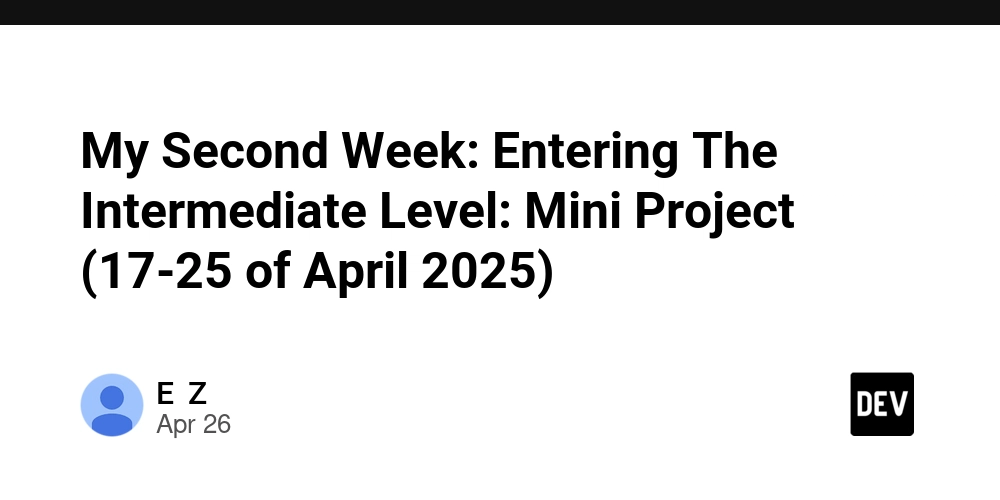













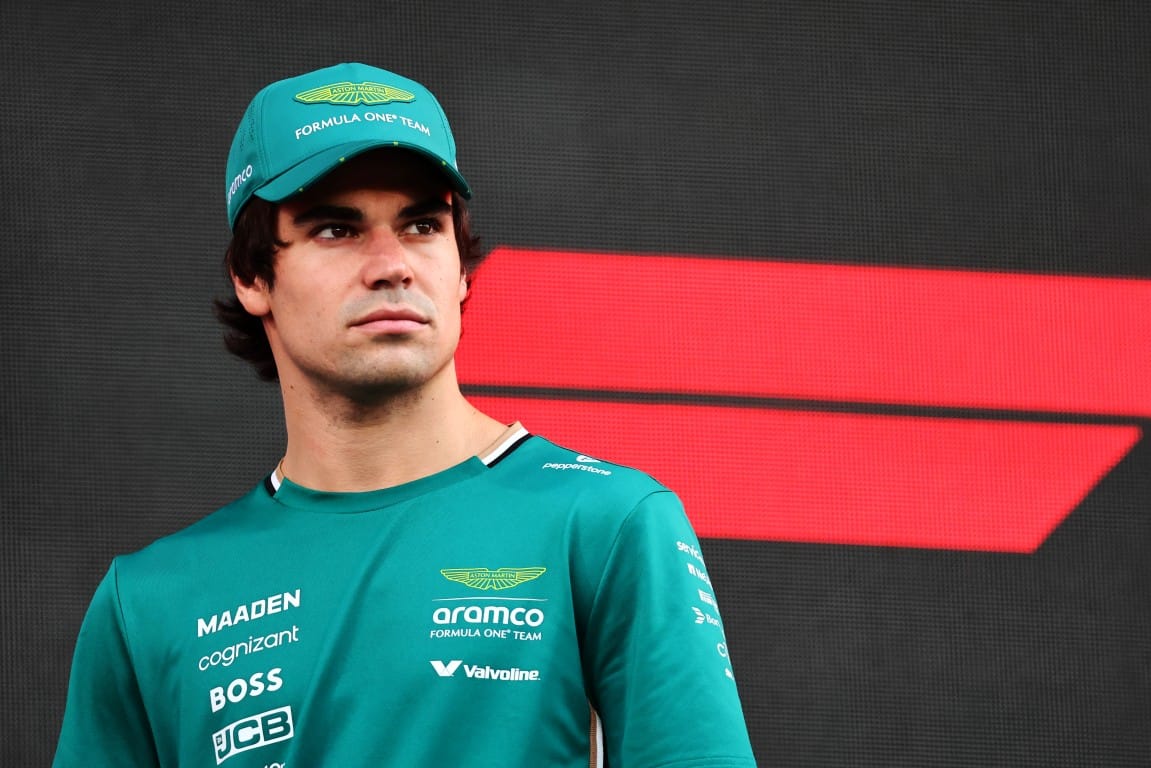
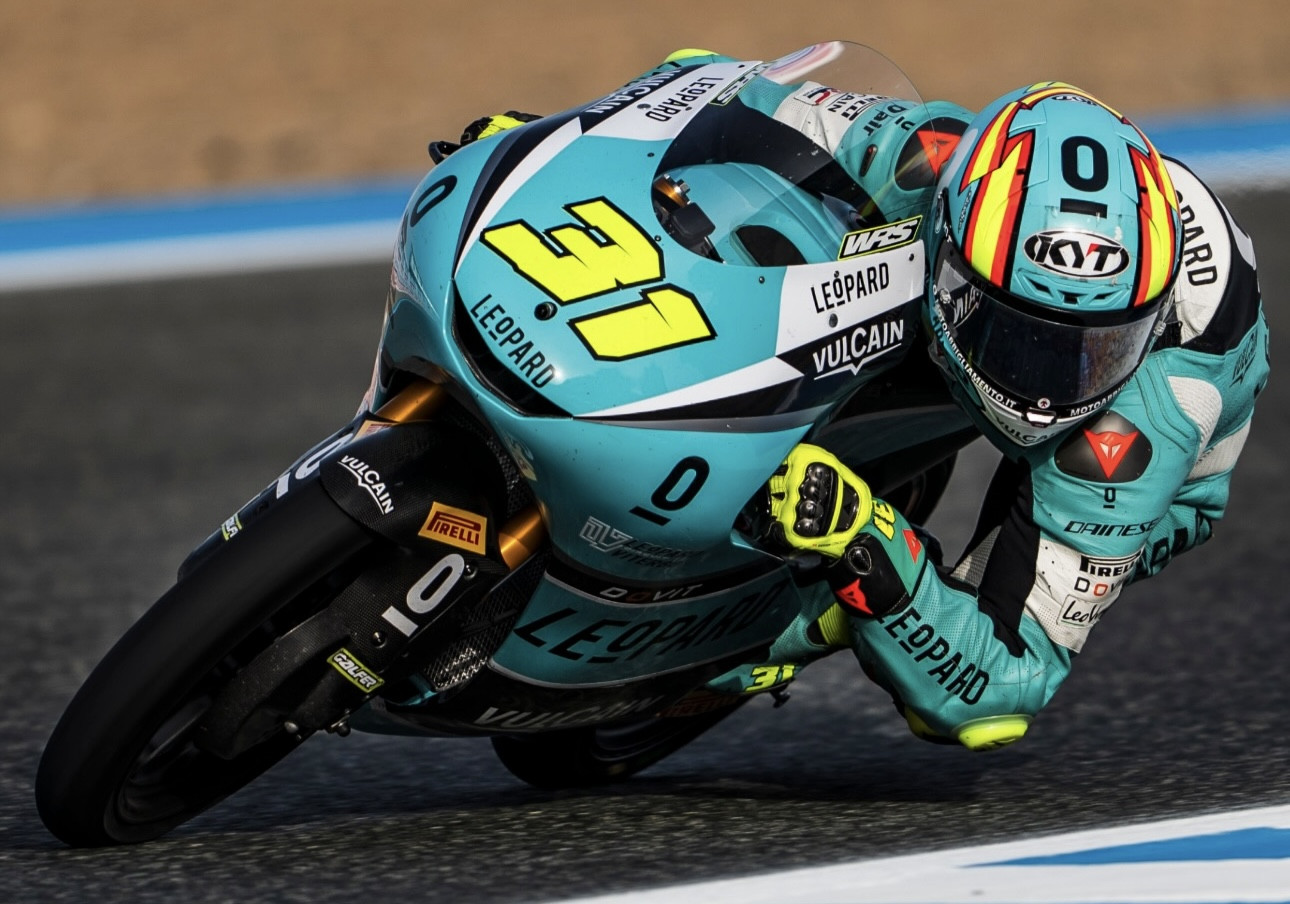
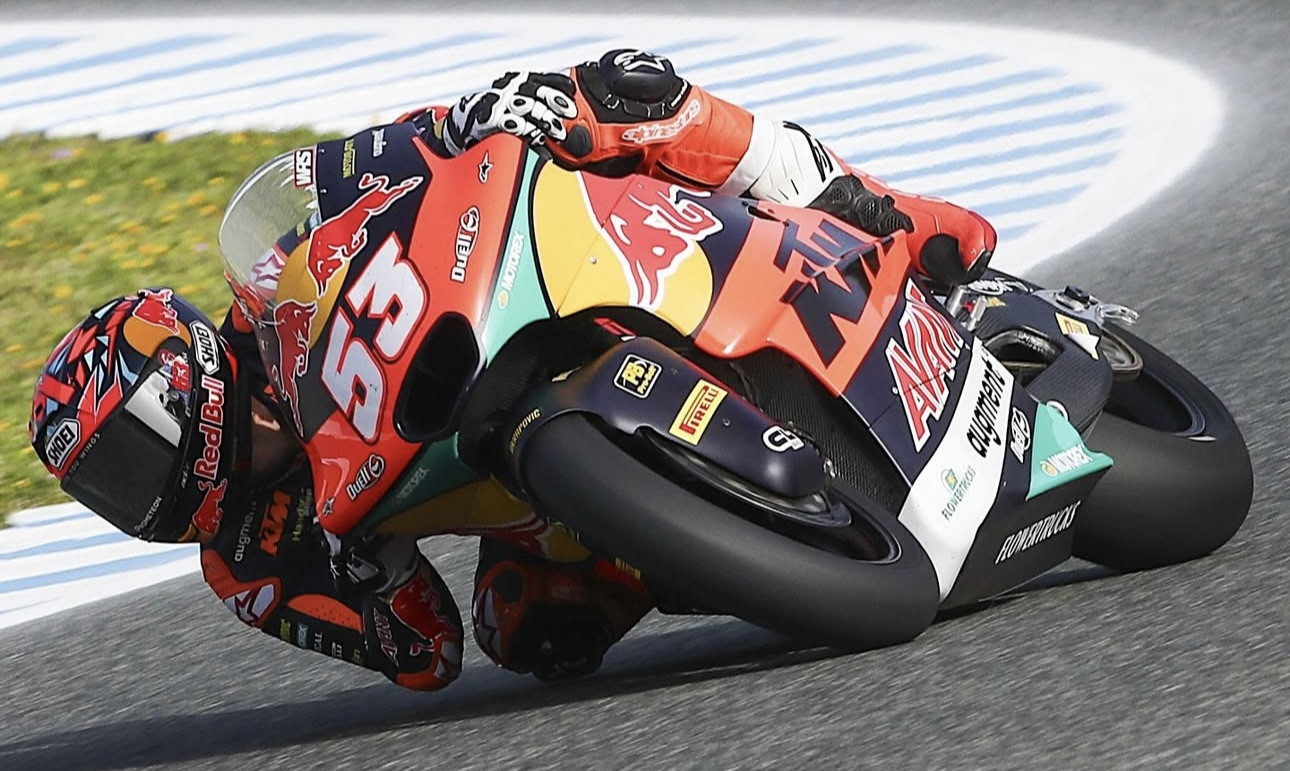








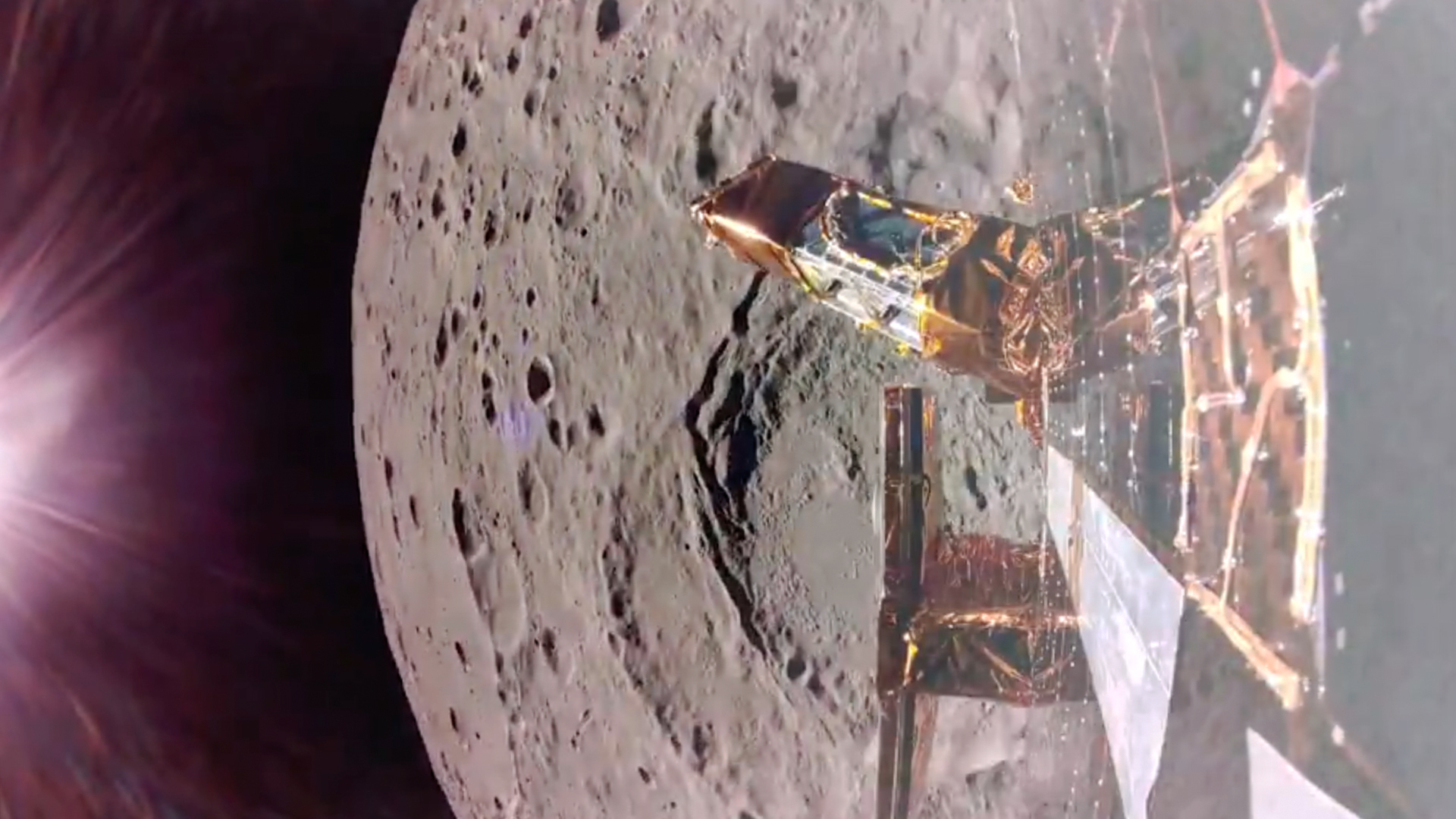








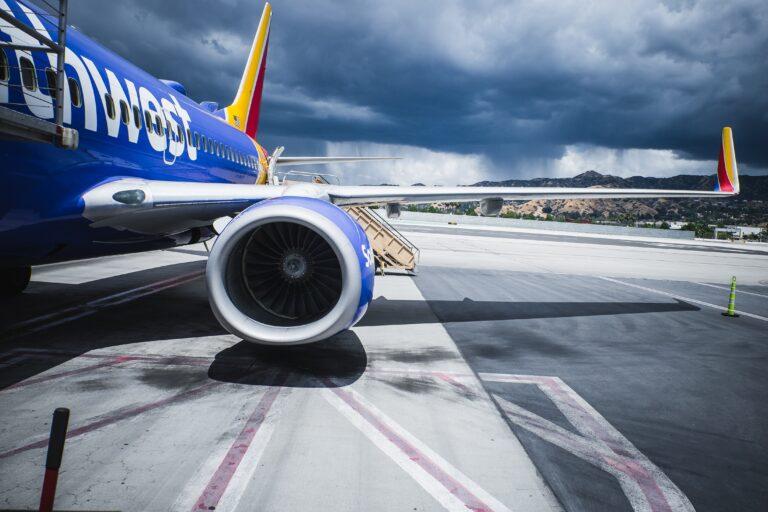
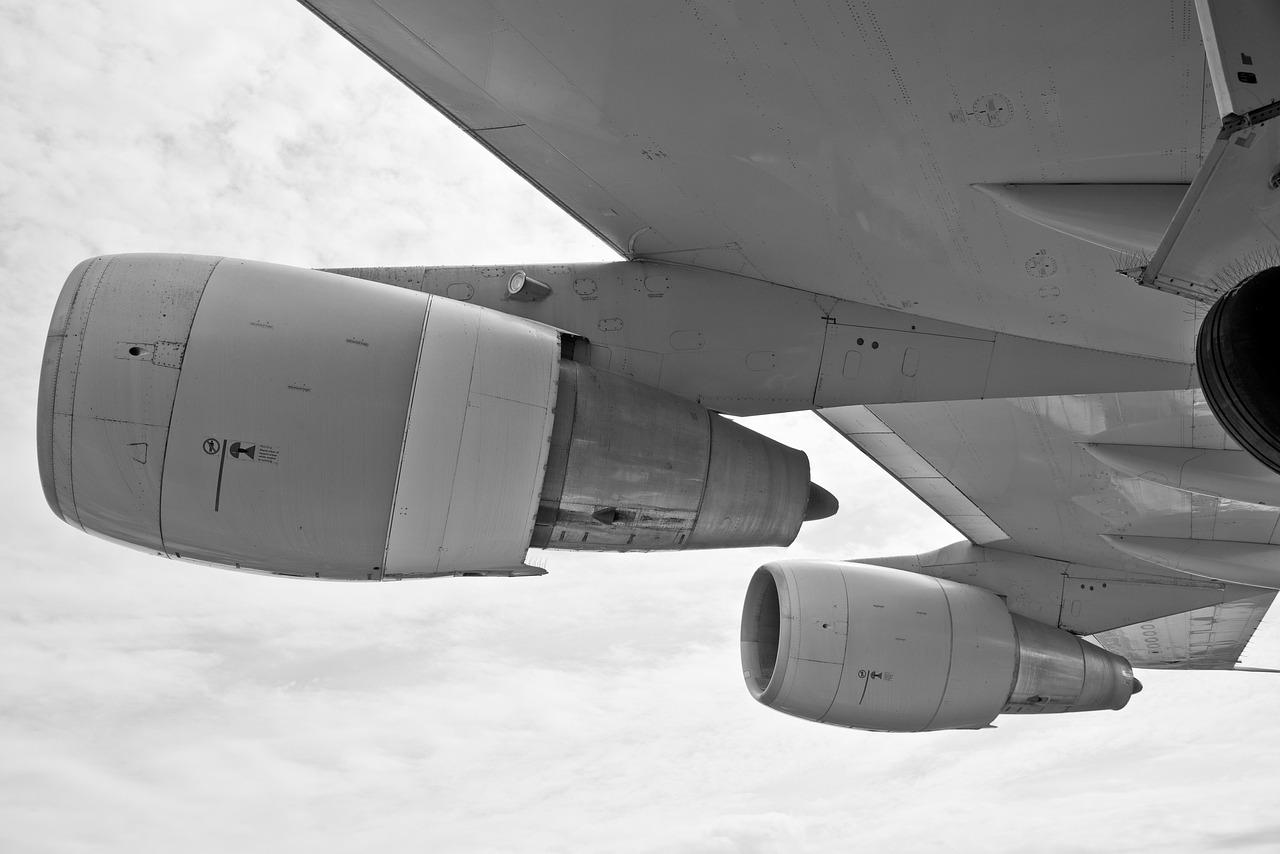







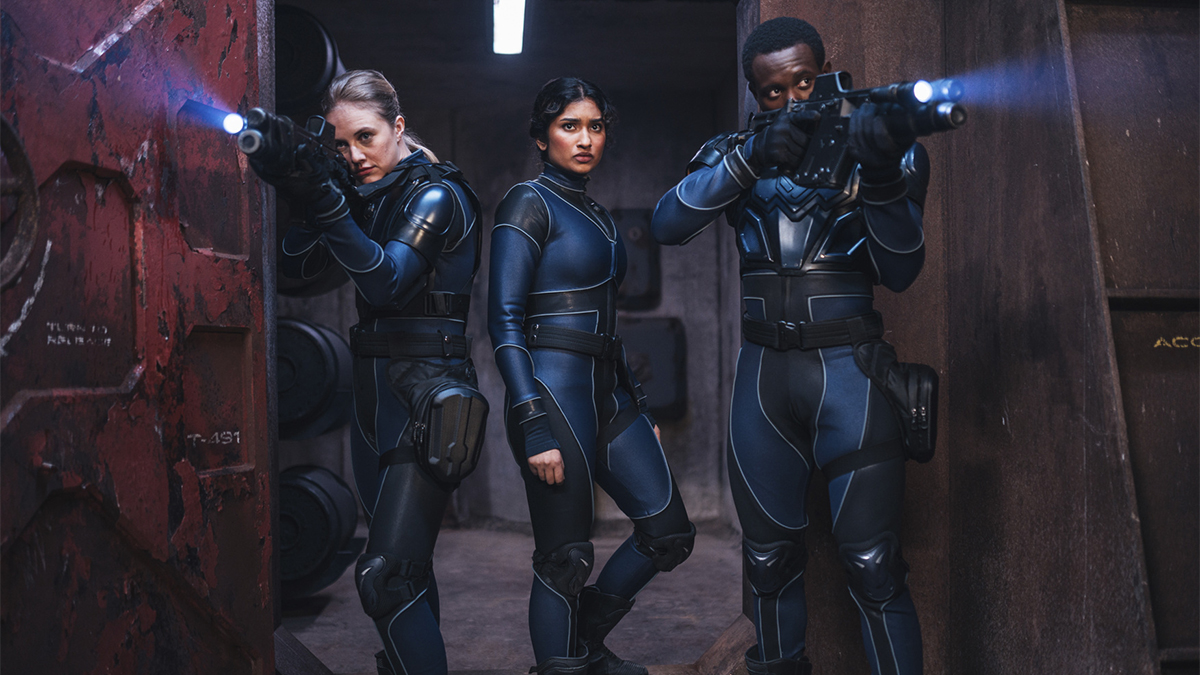
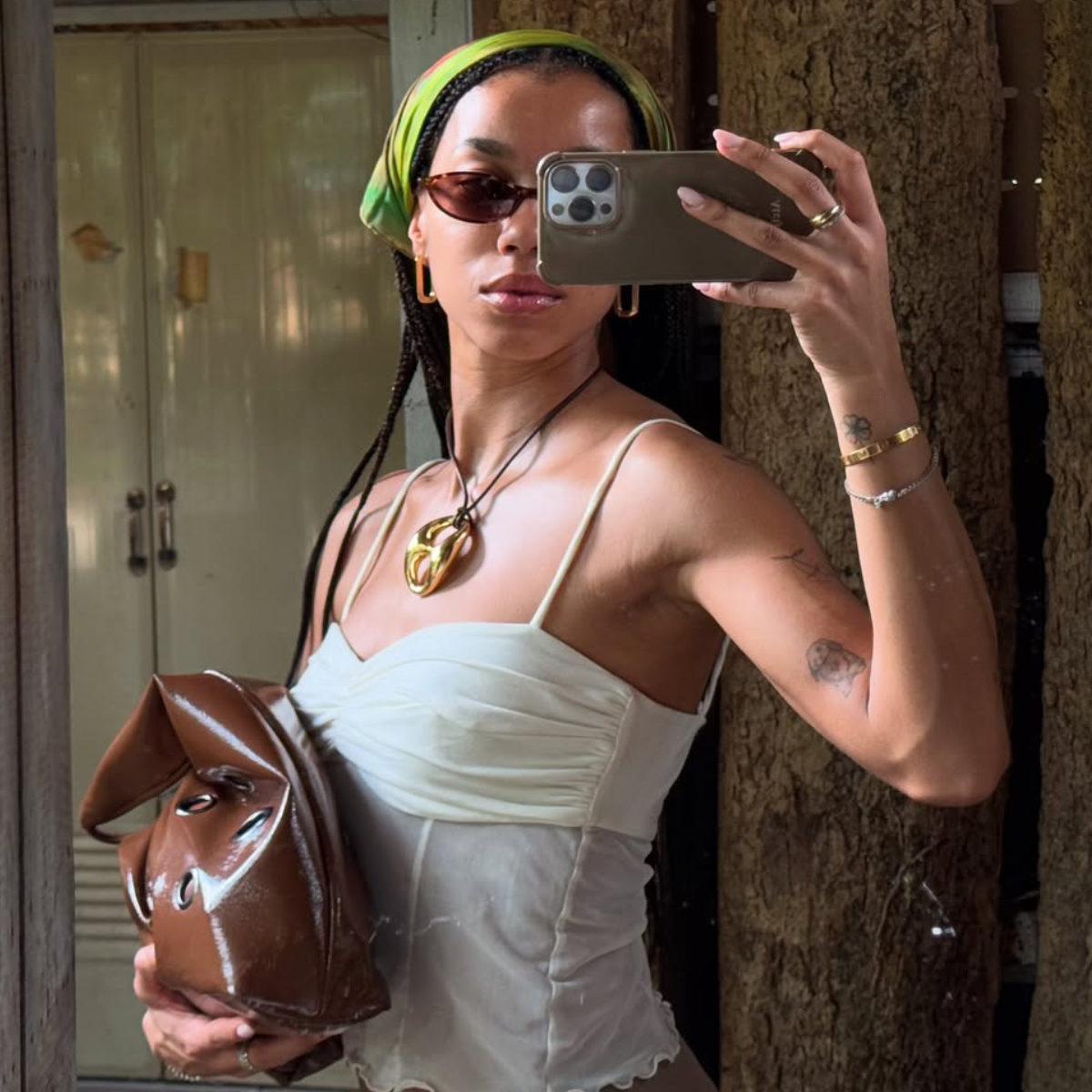
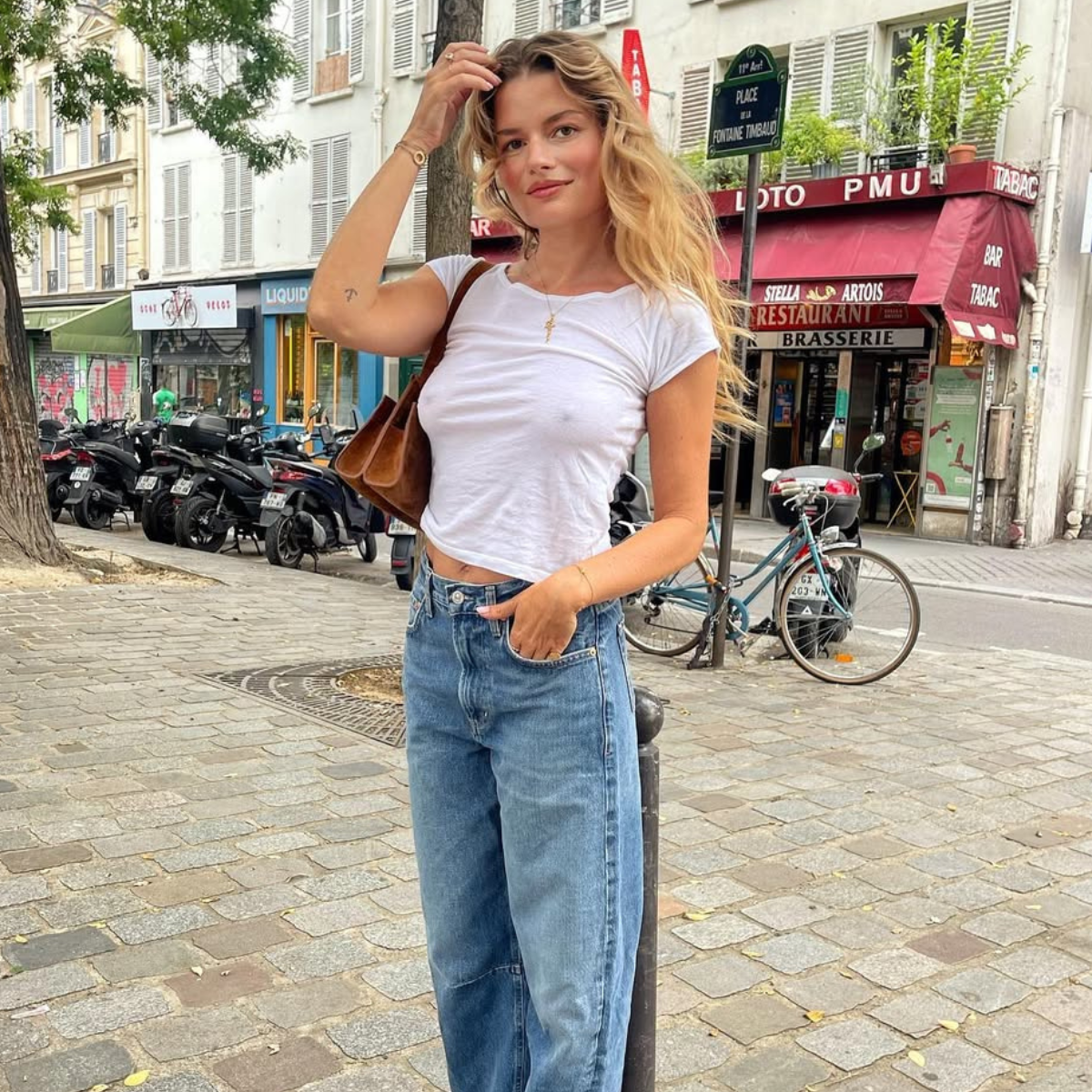
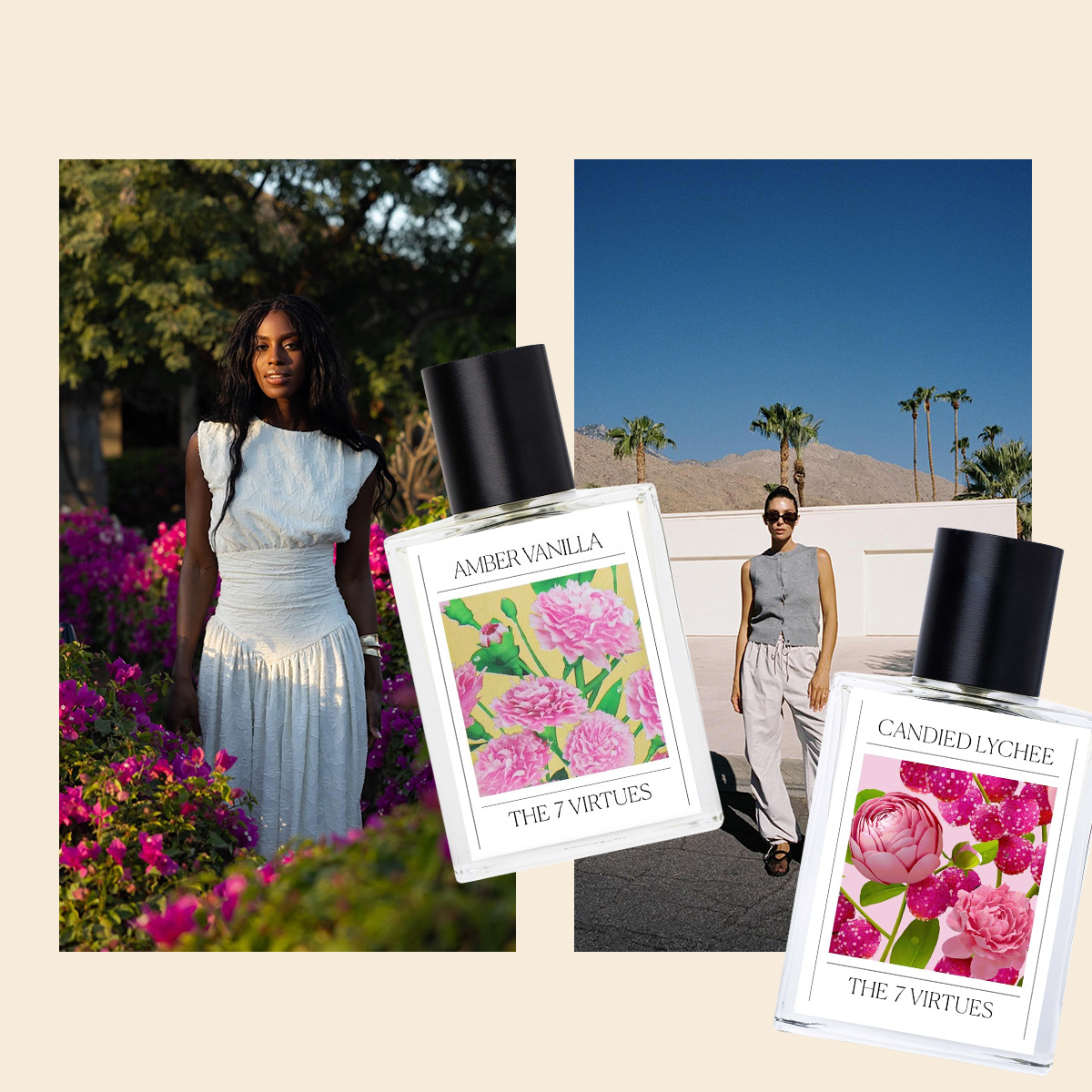
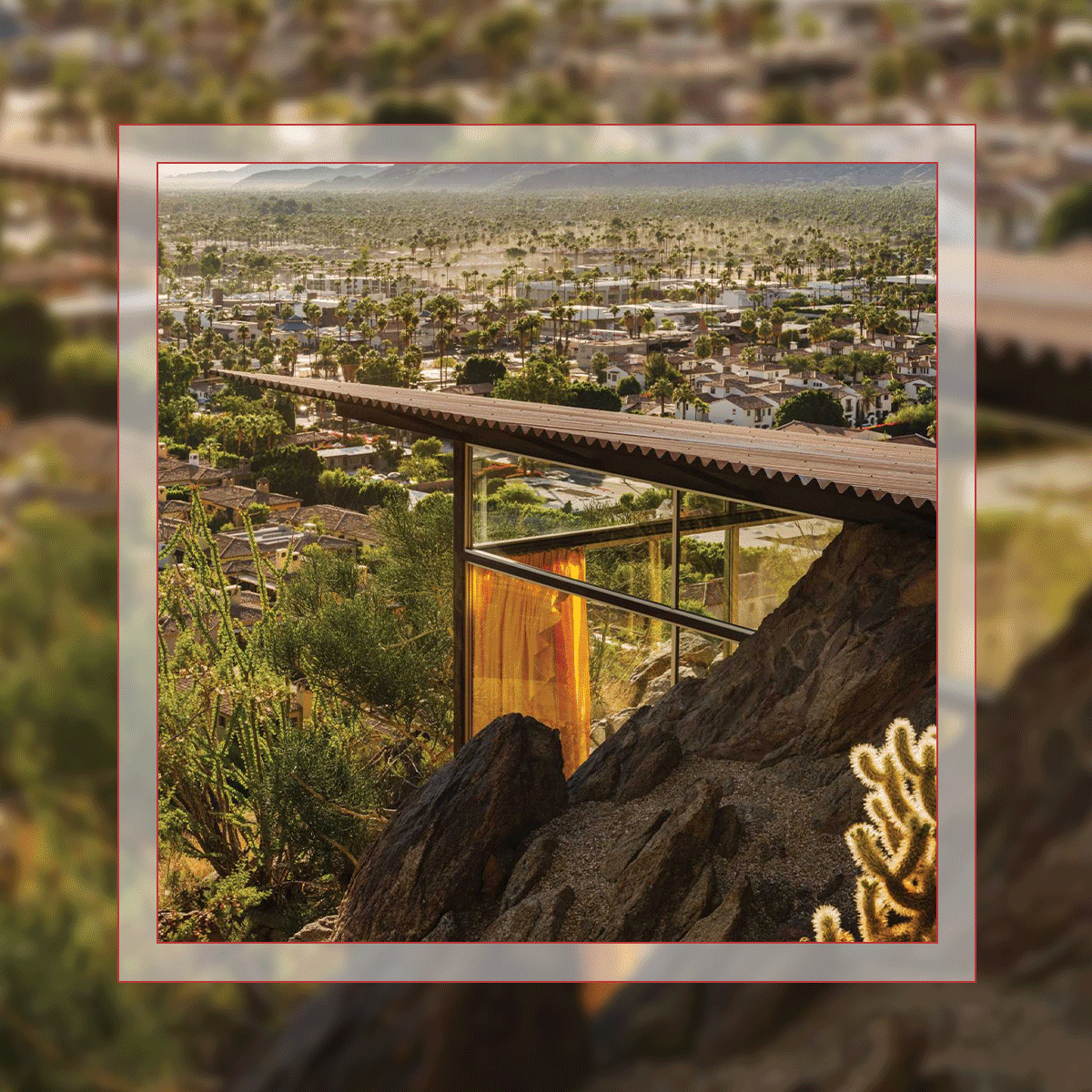










 On the record with Taha Bouqdib
On the record with Taha Bouqdib